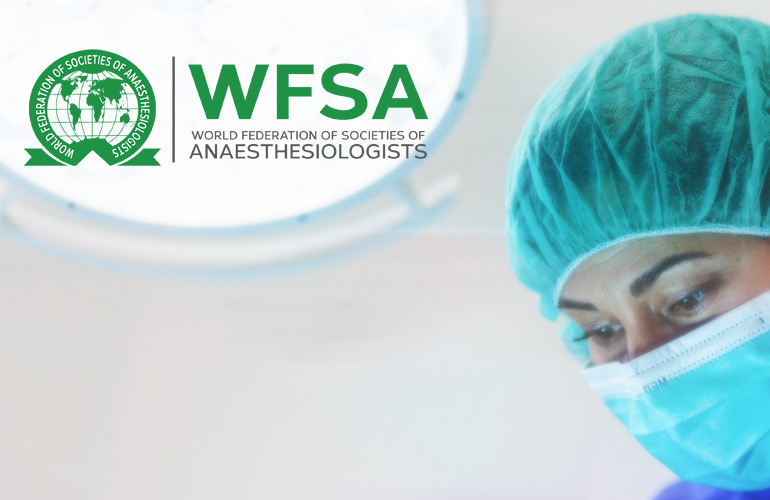WFSA statement on Non Communicable Disease Prevention and control to the 73rd Session of the Western Pacific Regional Committee
Agenda item 12: NONCOMMUNICABLE DISEASE PREVENTION AND CONTROL
The World Federation of Societies of Anaesthesiologists (WFSA) represents over 300,000 anaesthesiologists in 142 countries, with 24 national member societies in the Western Pacific region.
Virtually all non-communicable diseases will require surgical intervention over the life course. Essential anaesthesia and surgical services are a vital, yet chronically under-resourced component of NCD policies and programmes. We will not be able to realise Western Pacific regional NCD reduction targets if we continue to neglect anaesthesia and surgery.
This NCD policy neglect has been engrained over decades and suffers from an over-emphasis solely on prevention and control measures. From type 1 diabetes to many types of cancer, a significant number of NCDs are not preventable. Only by integrating investment with a policy approach which links prevention, detection and treatment might we effectively tackle our region’s NCD challenges.
WFSA national member societies concur with the Action Framework’s identification that essential NCD health services are hindered by widespread shortages of medicines, workforce and diagnostics.
This shortfall in the NCD workforce is keenly felt by anaesthesia professionals with many countries in the Western Pacific Region facing a chronic lack of trained anaesthesiologists. The WFSA’s Global Anaesthesia Workforce Survey found that 13 WHO WPRO member states had a physician anaesthesia provider density far below the recommended interim target of 5 per 100,000 (Kempthorne et al, 2017).
With their expertise in resuscitation, ventilation, peri-operative and post-operative care, critical care, pain management and much more, anaesthesiologists play a vital leadership role in the diagnosis and treatment of NCD patients along the full length of their treatment pathway.
The leadership and expertise of anaesthesiologists are vital resources that can be accessed by countries looking to develop integrated holistic NCD health services. WFSA is encouraged by the Action Framework’s recommendations that member states should reach out to key stakeholders such as anaesthesiologists to inform NCD service design and structure.
WFSA calls on Western Pacific region member states and key stakeholders to:
- Embed national surgical and anaesthesia plans into integrated national health plans and strategies.
- Encourage Technical Advisory Groups on NCDs and other NCD working groups to seek expert advice from the region’s anaesthesiologists.
- Address chronic NCD workforce deficiencies through investment in anaesthesia and critical care training and ongoing education.






